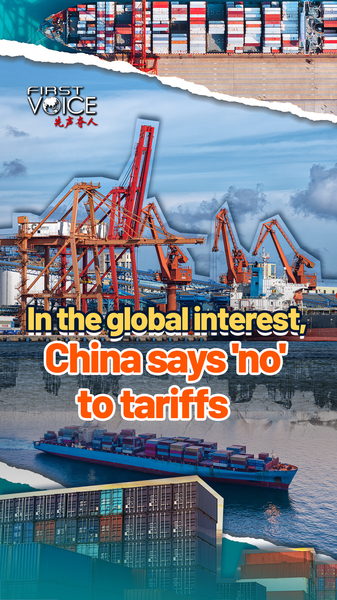As nations grapple with rising protectionism, China made headlines this week by announcing it will not impose retaliatory tariffs. The move signals a commitment to open markets and the principles of fair competition, even as global trade tensions mount.
For small exporters, this announcement offers much-needed stability. Businesses that once feared losing market access can now focus on growth and innovation, rather than playing defense against new barriers. Experts note that consistent trade policies can help small and medium enterprises (SMEs) increase exports by up to 15% in emerging markets.
Startups and tech innovators also stand to benefit. With fewer trade restrictions, high-tech firms can secure vital components at competitive prices and scale more rapidly. "Access to a predictable trade environment is crucial for cutting-edge R&D," says an industry analyst, pointing out how seamless supply chains drive breakthroughs in fields from AI to green technology.
Beyond economics, China's stance underscores solidarity among developing nations. By rejecting unilateral tariffs, it champions a rules-based system where all members play by the same guidelines. This approach resonates with countries seeking fair treatment in global trade talks and aligns with ongoing efforts to reform international bodies.
In an era marked by uncertainty, China's decision not to escalate tariff conflicts serves as a reminder that cooperative trade policy can empower businesses, fuel innovation, and strengthen ties across borders. As young entrepreneurs and travelers alike watch these developments, the hope is clear: a more open, inclusive global economy.
Reference(s):
cgtn.com




